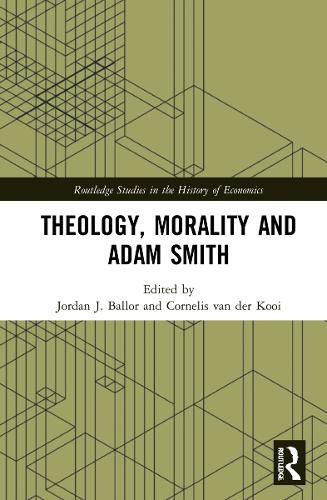Readings Newsletter
Become a Readings Member to make your shopping experience even easier.
Sign in or sign up for free!
You’re not far away from qualifying for FREE standard shipping within Australia
You’ve qualified for FREE standard shipping within Australia
The cart is loading…






This work details the theological sources and moral significance of the life and work of the Scottish moral philosopher Adam Smith (1723-1790).
The panel of contributors deepens our understanding of Adam Smith in his religious and theological context and the significance of this understanding for contemporary moral, economic, and political challenges to modern social life. The chapters cover a broad range of disciplinary and historical concerns, from Smith's view of providence and his famous "invisible hand" to the role of self-interest and benevolence in Smith's social and economic thought. A better appreciation for the moral and theological dimensions of Smith's thought provides not only a better understanding of Smith's own context and significance in the Scottish Enlightenment but also promises to assist in meeting the perennial challenges of properly connecting economic realities to moral responsibility.
The book is of interest to advanced students and scholars of the history of economic thought, historical and moral theology, intellectual history, political science, and philosophy.
$9.00 standard shipping within Australia
FREE standard shipping within Australia for orders over $100.00
Express & International shipping calculated at checkout
This work details the theological sources and moral significance of the life and work of the Scottish moral philosopher Adam Smith (1723-1790).
The panel of contributors deepens our understanding of Adam Smith in his religious and theological context and the significance of this understanding for contemporary moral, economic, and political challenges to modern social life. The chapters cover a broad range of disciplinary and historical concerns, from Smith's view of providence and his famous "invisible hand" to the role of self-interest and benevolence in Smith's social and economic thought. A better appreciation for the moral and theological dimensions of Smith's thought provides not only a better understanding of Smith's own context and significance in the Scottish Enlightenment but also promises to assist in meeting the perennial challenges of properly connecting economic realities to moral responsibility.
The book is of interest to advanced students and scholars of the history of economic thought, historical and moral theology, intellectual history, political science, and philosophy.